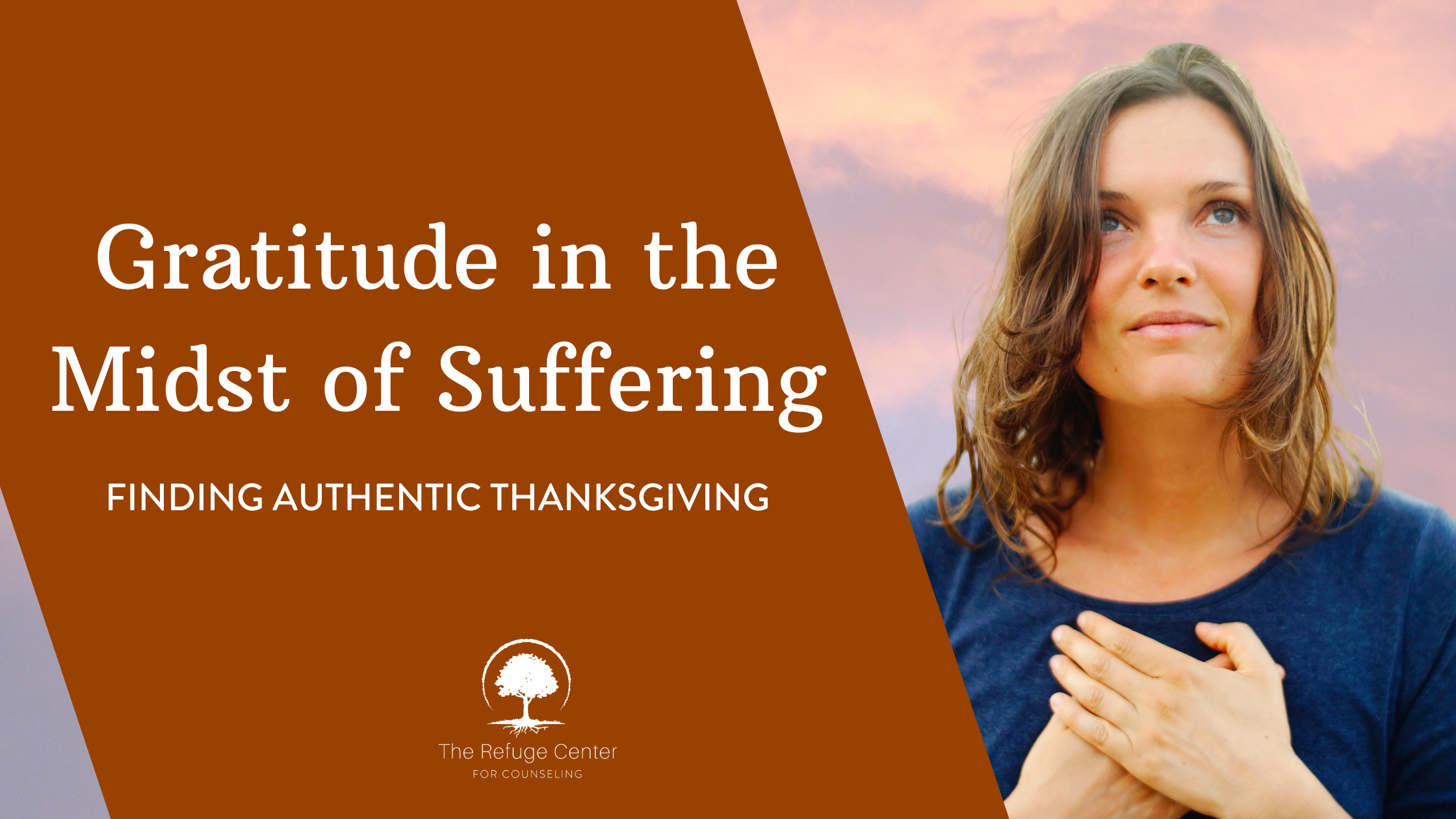Can you understand your arguments with your partner? One Therapeutic Approach to a Healthy Relationship – Sue Johnson’s Emotionally-Focused Therapy
It is an honor to work with couples. Over the years, I have found that couples who can identify patterns in their communication may quickly find relief and understanding in their partnership. My training has been under the principles of Dr. Sue Johnson and Emotionally Focused Therapy, or EFT, which helps identify a couple’s communication process and begin to notice why they react the way they do within those patterns.
Developed by Dr. Sue Johnson, EFT has garnered widespread acclaim for its effectiveness in helping couples navigate the complexities of their emotional worlds. With a focus on attachment theory and the power of emotional connections, EFT offers a path toward healing and strengthening relationships. At the heart of EFT lies the belief that human beings are wired for connection. Drawing heavily from attachment theory, Sue Johnson posits that our primary emotional needs revolve around seeking and maintaining close relationships. When these bonds are threatened or disrupted, it can lead to distress and dysfunction within individuals and couples.
EFT operates on the premise that beneath surface-level conflicts and communication breakdowns lie deeper emotional patterns. By uncovering and addressing these underlying emotions, couples can rebuild trust, intimacy, and security within their relationship. Central to the therapy process is the concept of attachment bonds, which serve as the foundation for understanding and resolving relational issues.
Dr. Johnson begins by introducing us to Pursuers and Withdrawers. If you are in a relationship, you are probably either a pursuer or a withdrawer, and your spouse is probably the other. Emotionally Focused Therapy (EFT) explores the communication patterns of withdrawers and pursuers. These patterns often manifest in couples experiencing distress and can contribute to cycles of conflict and disconnection. Understanding how withdrawers and pursuers communicate is crucial in EFT, as it allows therapists and couples to identify underlying emotions and needs, facilitating a path toward healing and connection.
Let’s begin with Withdrawers. Withdrawers tend to cope with relationship stress by distancing themselves emotionally or physically from their partner. They may retreat into silence, become emotionally shut down, or focus on solitary activities as a way to manage their feelings of overwhelm or inadequacy. In terms of communication, withdrawers may avoid emotional expression. They may struggle to articulate their feelings or needs, preferring to keep their emotions guarded to avoid conflict or rejection. They may shut down communication entirely, refusing to engage or respond to their partner’s attempts to connect. A withdrawer may dismiss or minimize by downplaying the significance of their partner’s emotions or concerns, dismissing them as exaggerated or unwarranted. A withdrawer may believe the relationship is best helped by avoiding the conflict and not making it worse by engaging.
Pursuers, on the other hand, often seek closeness and connection in response to relationship stress. They may feel anxious or insecure when they perceive emotional distance from their partner and may actively pursue reassurance or validation to alleviate their fears. Pursuers may fear abandonment or rejection and may become increasingly distressed when their attempts to connect are met with resistance. Pursuers may express emotional intensity and are more likely to openly express their feelings and needs, sometimes to the point of becoming emotionally overwhelming for their partner. Pursuers may seek reassurance and affirmation from their partner, craving reassurance of their worth and significance within the relationship. In moments of frustration or insecurity, pursuers may resort to criticism or blame, expressing their dissatisfaction with the relationship or their partner’s behavior. And finally, pursuers may engage in demanding or controlling behaviors as a way to elicit a response from their partner or to regain a sense of connection and security. Pursuers feel that the relationship is best served by getting everything on the table and hashing it out.
As a pursuer pursues, a withdrawer tends to want to withdraw. At this point, a couple can be caught in a nasty pattern that gets worse and worse. In EFT, Sue Johnson emphasizes the importance of recognizing and understanding these communication patterns within couples. Rather than viewing withdrawers and pursuers as incompatible or inherently flawed, EFT aims to help partners understand the underlying emotions and needs driving their behaviors.
Through therapy, withdrawers learn to recognize and express their emotions in a way that feels safe and manageable, while pursuers learn to temper their demands for closeness and validation, allowing their partner space to respond authentically. By fostering empathy, validation, and emotional attunement, EFT helps couples break free from destructive communication cycles and cultivate a deeper, more secure bond with each other.
Sue’s passion for couples led her to create a book entitled Hold Me Tight. The book contains great examples and quizzes for partners. I find it can be a wonderful tool for couples who want to learn more about their relationships. Likewise, The Refuge Center for Counseling has many therapists trained in Emotionally-Focused Therapy.
Wherever you find yourself with your partner, begin to recognize the patterns of your conversations, and you will be well on your way to a deeper level of understanding of your partnership.




